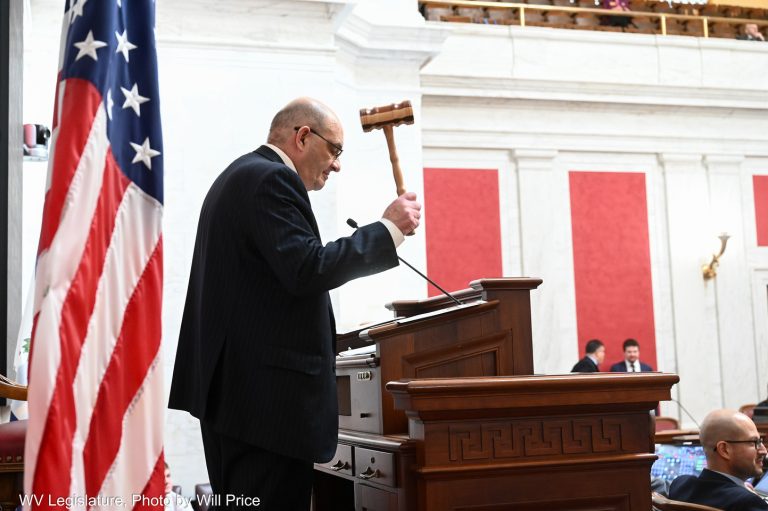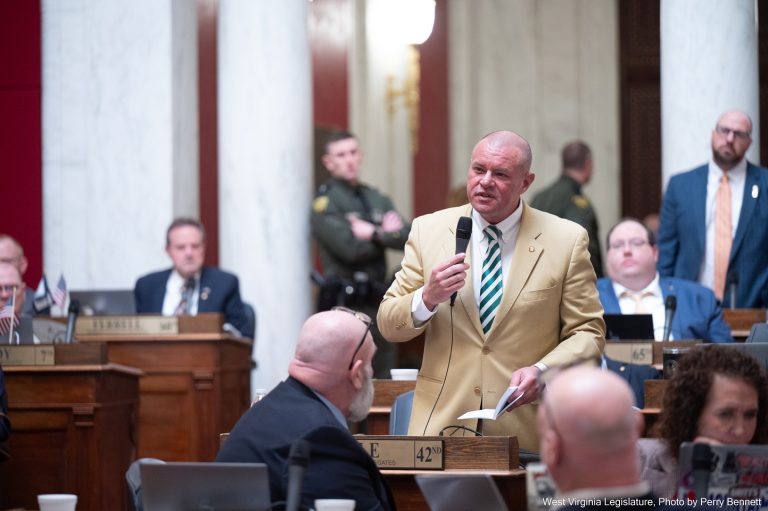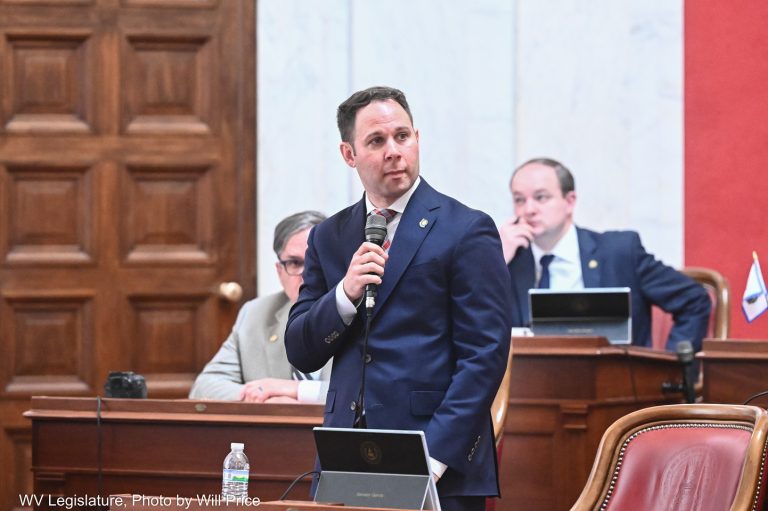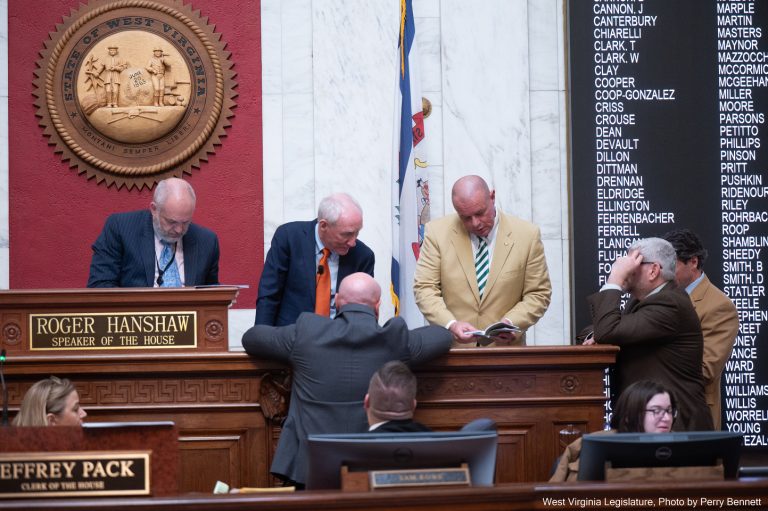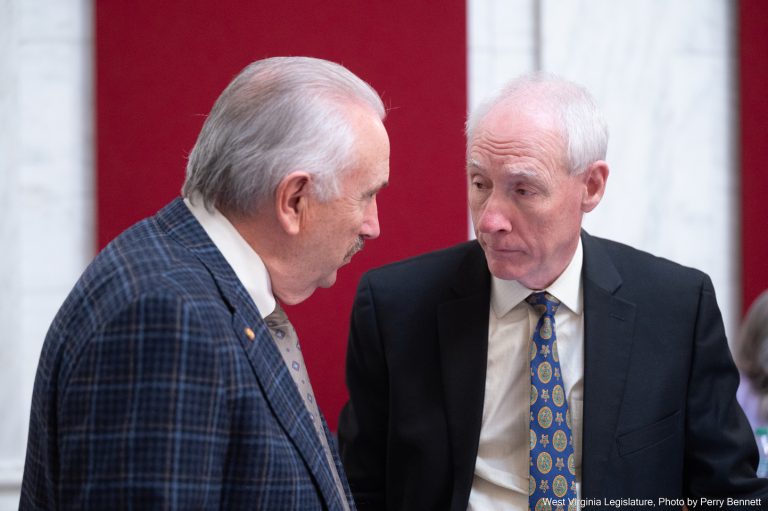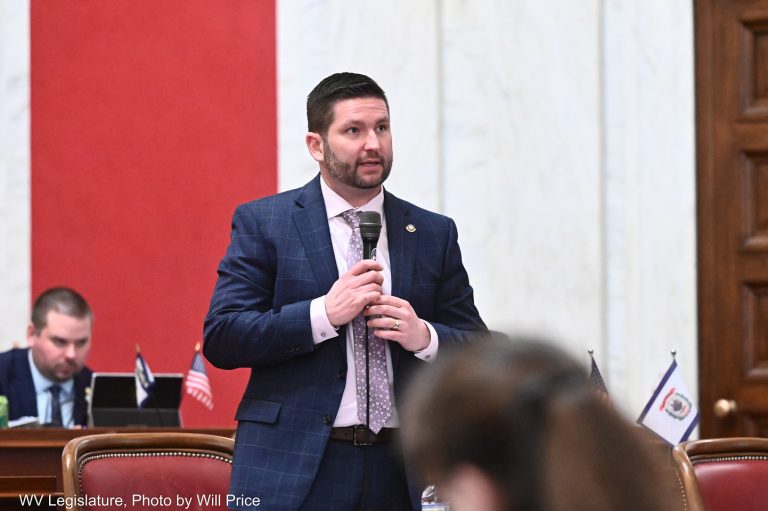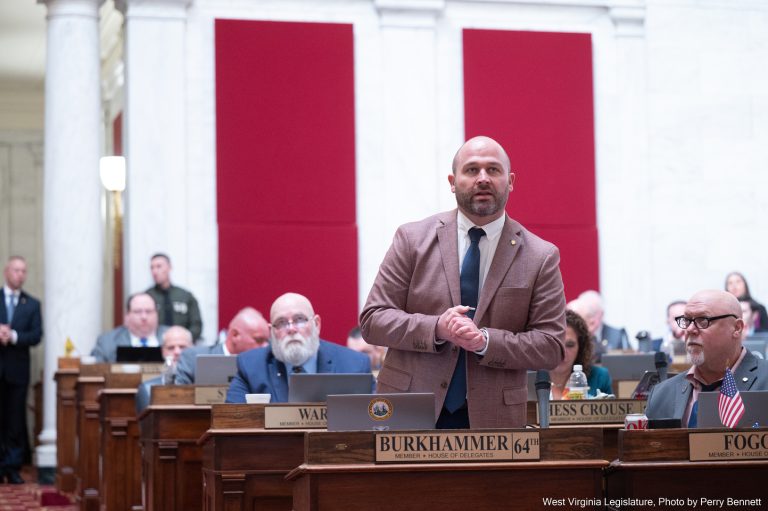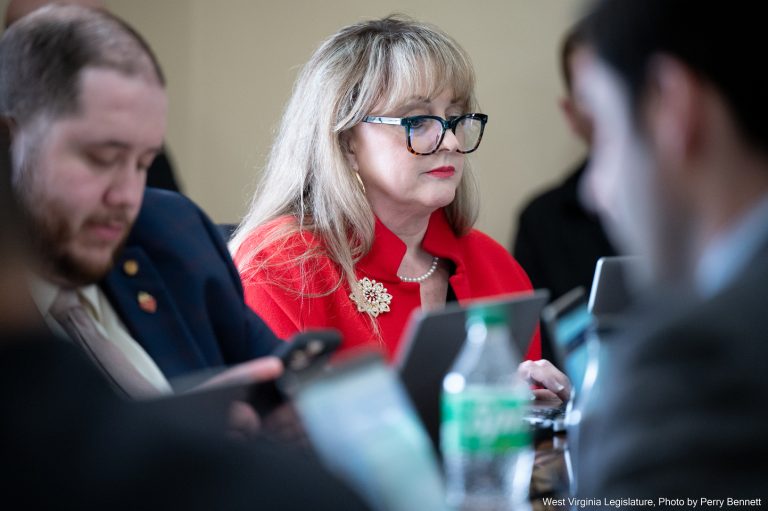The Senate passed 21 bills during a floor session that lasted a little under two hours on Saturday.
Among the bills passed, Senate Bill 761 creates the Joel Archer Substance Abuse Intervention Act. The bill is named after a young man that passed away as a result of a drug overdose.
The legislation aims to establish a legal framework for the involuntary treatment of individuals suffering from substance use disorders, specifically targeting dependents or spouses who present an imminent threat to themselves or others.
Also on Saturday, the body passed Senate Bill 765, which establishes the Troops-to-Teachers Program.
The legislation is designed to attract and recruit veterans to serve as public school teachers. The bill stipulates that honorably discharged veterans with a bachelor’s degree in a relevant field could obtain a professional teaching certificate, provided they meet certain criteria, including proof of military instructor certification and passing state-required tests. Additionally, veterans awarded a teaching certificate would receive hiring preferences as outlined in state code.
The Senate also passed Senate Bill 748, which would create the Safer Communities Act. The legislation aims to enhance public safety across the state by implementing a series of measures designed to address crime and improve community security.
The bill would focus on increasing funding for local law enforcement agencies, expanding community policing initiatives, and establishing programs aimed at crime prevention and intervention.
These bills now head to the House of Delegates for consideration.
The Senate is adjourned until Monday, March 31, at 11 a.m.
Morning Meetings for March 31:
Gov. Org at 9:30 a.m. in 208W
Education at 9:30 a.m. 451M


